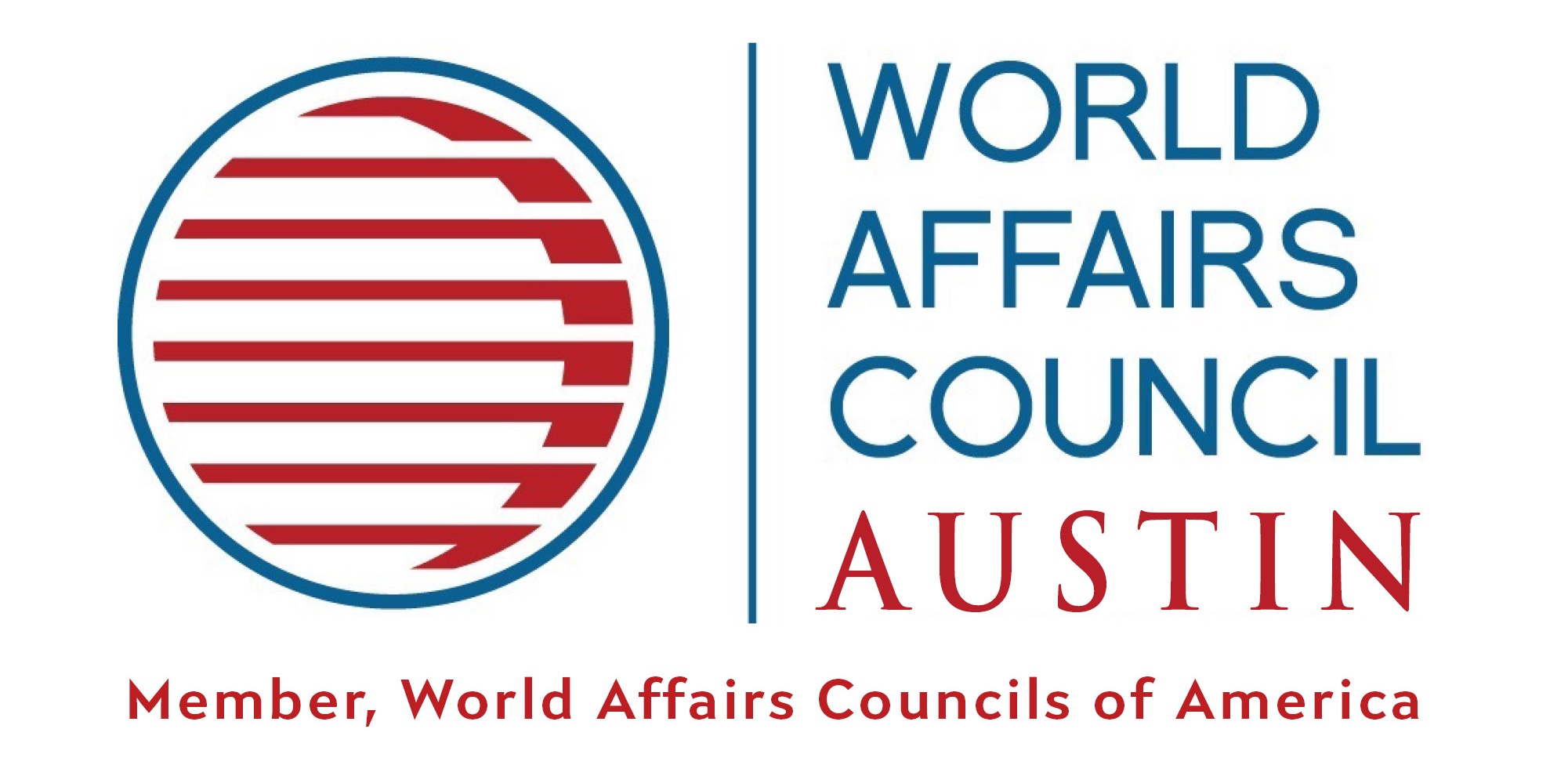Policy Weirding: Climate Change and National Security
By Raye Elizabeth Ward

A military weather tracking station. Photo Courtesy of United Nations Climate Change.
Will the military drive our national climate change agenda? Dr. Joshua Busby dropped by a session of the World Spins for an update. Just last week, the Environmental Protection Agency announced that new regulations on toxic chemicals and soot are to be based on data and science generally available to the public (otherwise known as “pop science”). In the past six months, the EPA deleted climate change from its strategic initiatives. President Trump announced the United States’ intention to withdraw from the Paris Climate Accords, making it the only nation on earth unwilling to voluntarily reduce its carbon emissions, identified as the major contributor to global warming.
Whiplash contradiction over how to address changing weather patterns
Over roughly the same time period, the National Defense Authorization Act identified climate change as a national security issue. The Center for Climate Change and Security published a chronology of over 12 separate concerns raised by senior Dept. of Defense officials, including:
I agree that the effects of a changing climate — such as increased maritime access to the Arctic, rising sea levels, desertification, among others — impact our security situation. I will ensure that the department continues to be prepared to conduct operations today and in the future, and that we are prepared to address the effects of a changing climate on our threat assessments, resources, and readiness.” – Secretary of Defense Jim Mattis
An associate professor at the University of Texas’ LBJ School of Public Policy and an internationally-recognized expert on climate change policy and national security, Busby remains unperturbed in the face of whiplash contradiction. A veteran of climate research and negotiation, he recommended substituting “climate weirding” for “climate change” to cultivate civil discussion — not so easy in a world where the weather is mentioned in the same breath as terrorism.
“It’s (climate change) a super-wicked problem, characterized by greed, lots of actors and short-term actions.” – Dr. Joshua Busby
The military perspective: assess and plan for risk
From a military perspective, the risks posed by climate change are unequivocal. They can be assigned a dollar figure. The 2017 hurricane season was the costliest in U.S. history. Damages topped $200 billion, not including cost of calling out the National Guard for the three most expensive hurricanes in recent history — Harvey, Irma and Maria. Tasked with managing installations from Newport News to Africa and Antarctica, it must contend with rising sea levels, temperature and humidity; agricultural production; and massive migration.
“In the Arctic, the combination of melting sea ice, thawing permafrost, and sea-level rise is eroding shorelines, which is damaging radar and communication installations, runways, seawalls, and training areas. In the Marshall Islands, an Air Force radar installation built on an atoll at a cost of $1,000,000,000 is projected to be underwater within two decades.”
The National Defense Authorization Act
Busby and his team are helping the military pinpoint trouble spots before they occur. Using a composite mapping tool, they identify the countries most vulnerable to a combination of weather, famine, poverty and weak government — India, Sri Lanka, Burma, Bangladesh. In this way, military can more effectively plan and direct help where it will be needed, as well as measure results over time.
Meanwhile in private sector, opportunity
While the military sees threats, the private sector sees opportunity. Rich Sorkin, CEO of Jupiter, a risk assessment firm recently profiled by NPR, raised $10 million and hired top scientists from the federal government in a bid to help businesses and property owners prepare for a changing climate.
“Hugely important, globally significant, gigantic economic problem, not currently being addressed.” – Rich Sorkin, CEO, Jupiter
And of course, defense contractor Raytheon forecasts a boon in weapon sales: “Domestically, the effects of climate change could overwhelm disaster-response capabilities. Internationally, climate change may cause humanitarian disasters, contribute to political violence, and undermine weak governments.”
Want to learn more?
The Center for Climate and Security

